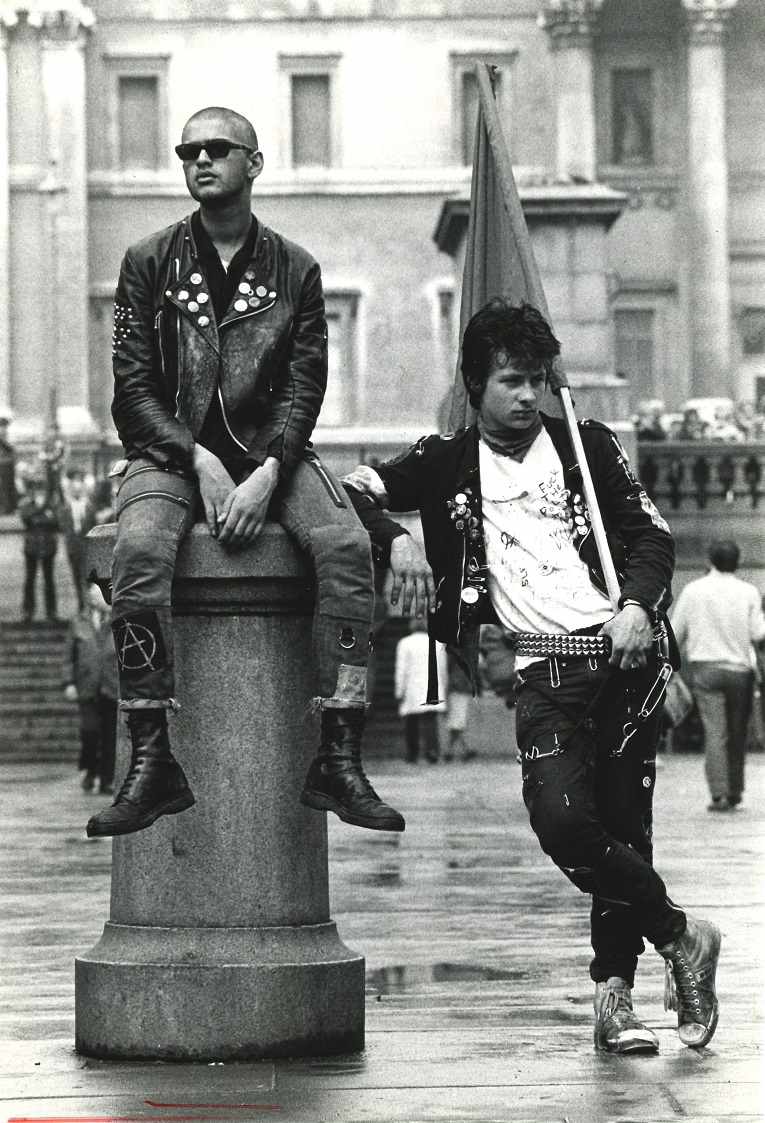Raissa Page (1932-2011) was a Canadian photographer who lived in the UK from the 1950’s until her death. She had a successful first career as a social worker specialising in looked-after children, but in her mid-40s left this profession to become a documentary photographer.
Her archive was donated to Swansea University in 2014 and is currently being catalogued on a one-year project by means of a Wellcome Trust grant, which will be completed at the end of October 2019. It consists mainly of photographic prints, negatives and transparencies produced between 1977 and 1993. To give an idea of scale, there are over 1500 prints and 55000 negatives included. In total there will be approximately 6000 items in the completed catalogue (which will be made available via the Archives Hub).
Subjects covered within the collection include the miners’ strike of 1984-5, the Greenham Common peace camp, the social care of children, older people and those affected by poor mental health, as well as images from photographic assignments abroad – including to Israel, China, Cuba, and the USA.



In 1983, Raissa was a founding member of the pioneering all-female photographic agency, Format, and remained with them until she ceased commercial photography due to ill health in around 1993, just at the point that digital photography was largely replacing the analogue version. Her retirement was spent in Wales.
It has been hugely beneficial to talk with several of Raissa’s friends and colleagues, conversations which have been very informative in producing the catalogue, and it has been wonderful to work with such a supportive and helpful donor.
Support from academics from several disciplines across the university has also been very useful, and there is little doubt that the collection will be very popular with researchers of a wide variety of topics, as well as anyone who has an interest in exceptional late 20th century documentary photography.

Please do follow the progress and completion of the project on Twitter at https://twitter.com/RaissaPage and the Richard Burton Archives at https://twitter.com/SwanUniArchives
An illustrated talk about the project is being presented to the Women’s Archive Wales annual conference at St Fagans on Sat 5th October.
Featured image: Dancing on the silos, Greenham Common, 1 Jan 1983 Copyright Adrianne Jones. Courtesy of Richard Burton Archives, Swansea University
David Johnston-Smith
Project Archivist, Richard Burton Archives
August 2019


One thought on “An Introduction to the Raissa Page Collection at the Richard Burton Archives, Swansea University”